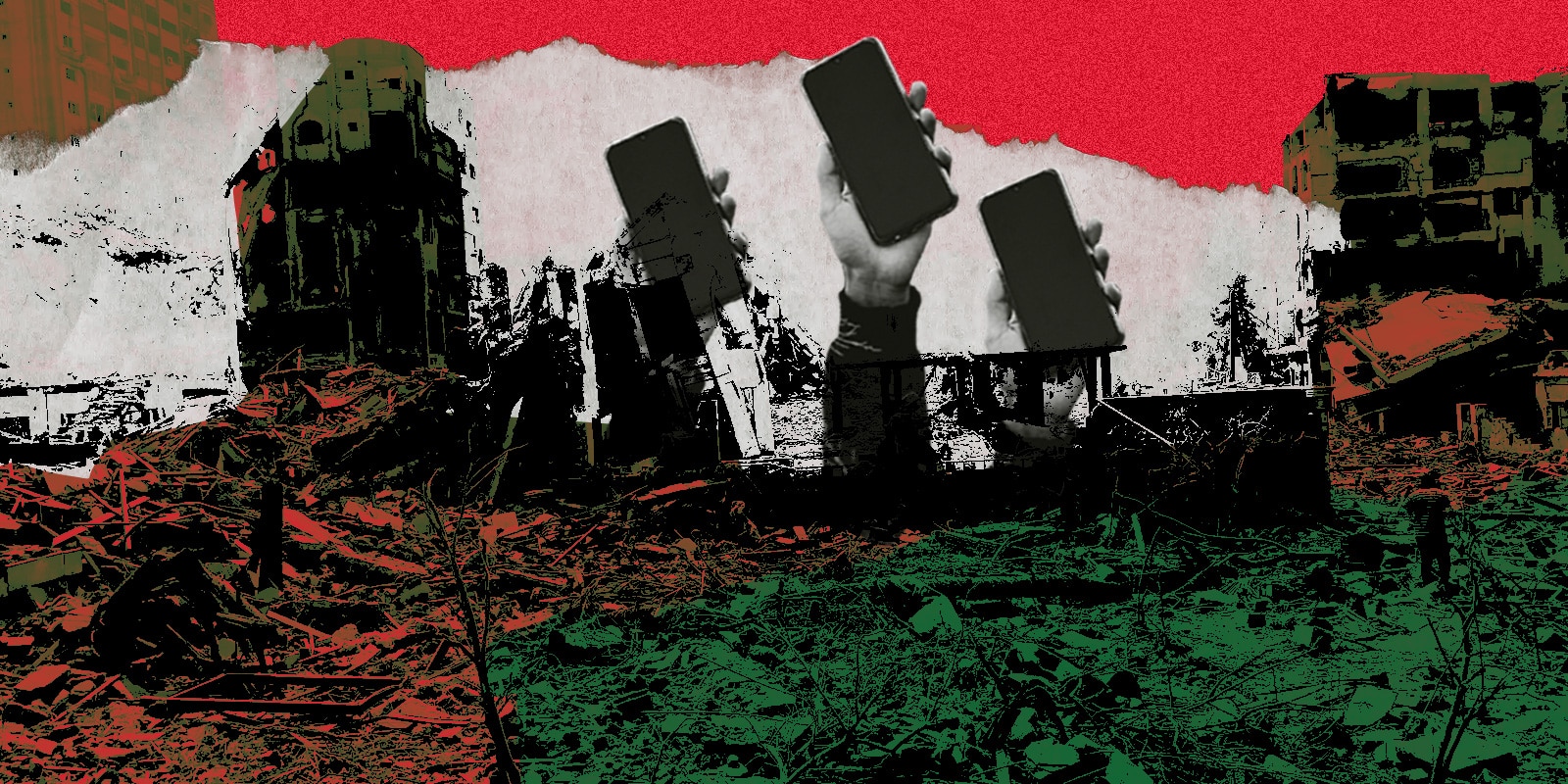
Israel's digital blockade against Palestinians represents a complex and interconnected system of suppression that extends beyond physical borders into the online world. From the deliberate restriction of telecommunications infrastructure to the targeted removal of Palestinian voices from social media, Israel's digital blockade is a reflection of its broader strategy to control and silence Palestinian narratives. These actions are not isolated incidents but part of a coordinated effort to undermine Palestinian identity, expression, and autonomy in digital space.
One clear example of this digital suppression is Israel's control over Palestinian telecommunications. Despite international agreements intended to foster Palestinian autonomy, Israel has consistently restricted the development of Palestinian communication networks. Palestinians in the West Bank, for instance, are limited to 3G technology, while those in Gaza are still relying on outdated 2G networks. In contrast, Israeli settlers living in the West Bank have access to 4G and even 5G technology. This disparity not only hampers Palestinians' ability to communicate effectively but also limits their access to the global digital economy.
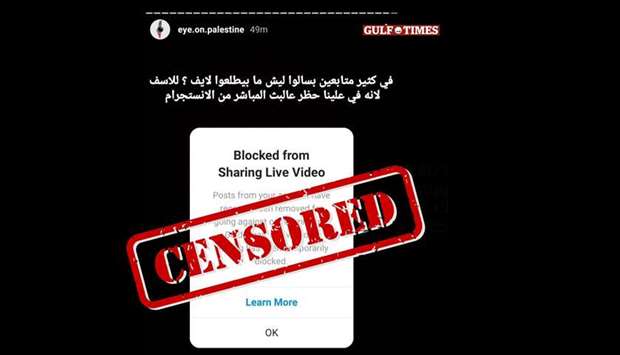
Recent actions by major social media platforms such as Instagram, Facebook, and Twitter have drawn significant criticism for removing content documenting protests in Sheikh Jarrah and at al-Aqsa Mosque. Posts using the #SaveSheikhJarrah hashtag and real-time footage from these locations were taken down, and associated accounts were suspended. Although Instagram attributed these removals to a technical bug, this incident highlights a persistent issue, the suppression of Palestinian narratives through automated algorithms and opaque content moderation policies.
7amleh, the Arab Centre for Social Media Advancement, views these takedowns as part of a broader, systemic campaign to censor Palestinian voices. Automated systems and lack of transparency in moderation practices disproportionately target Arabic content, leading to frequent and often unjust removals.
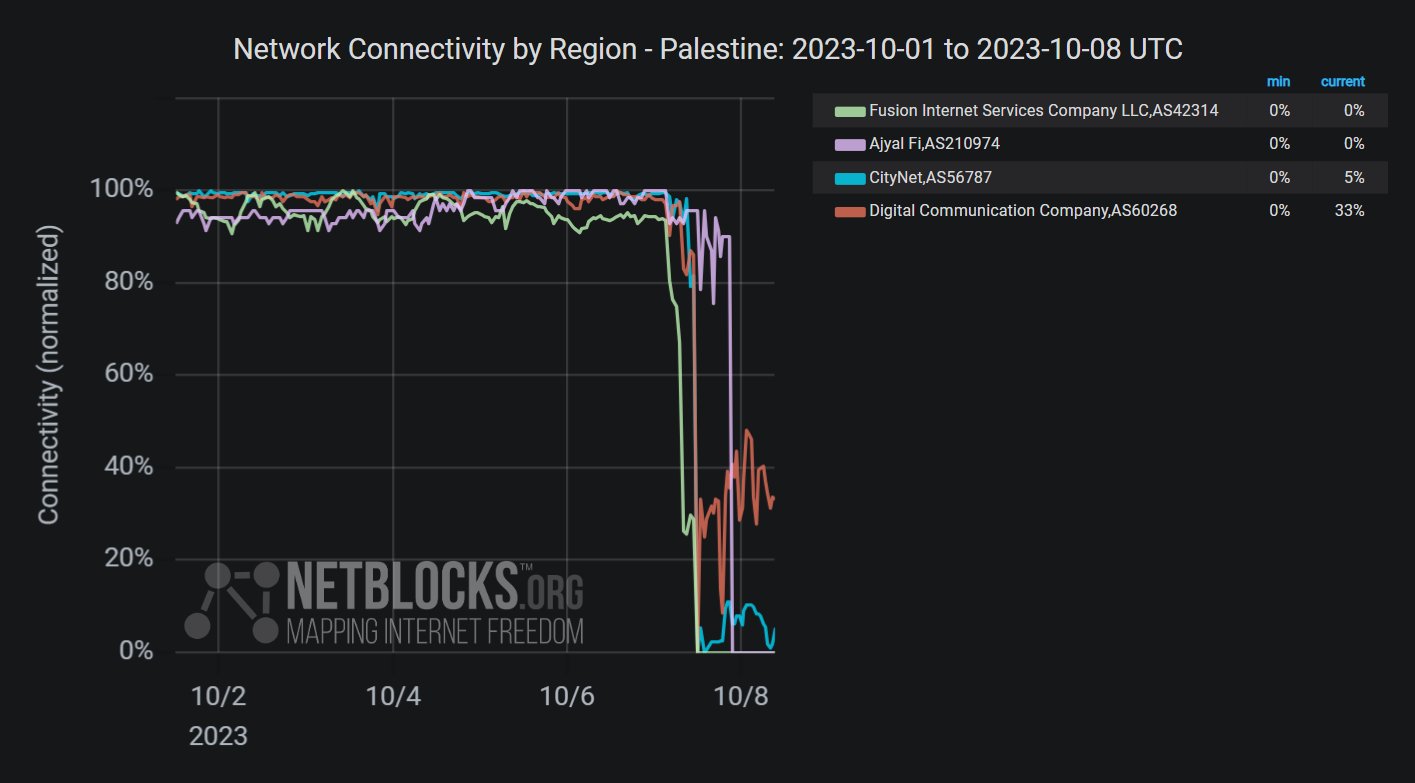
Israel's control over Palestinian telecommunications infrastructure is the cornerstone of their digital blockade. Since 1967, despite various agreements aimed at fostering Palestinian autonomy, Israel has significantly impeded the development of Palestinian communication networks.
Even Palestinian citizens of Israel face significant disparities in digital access.
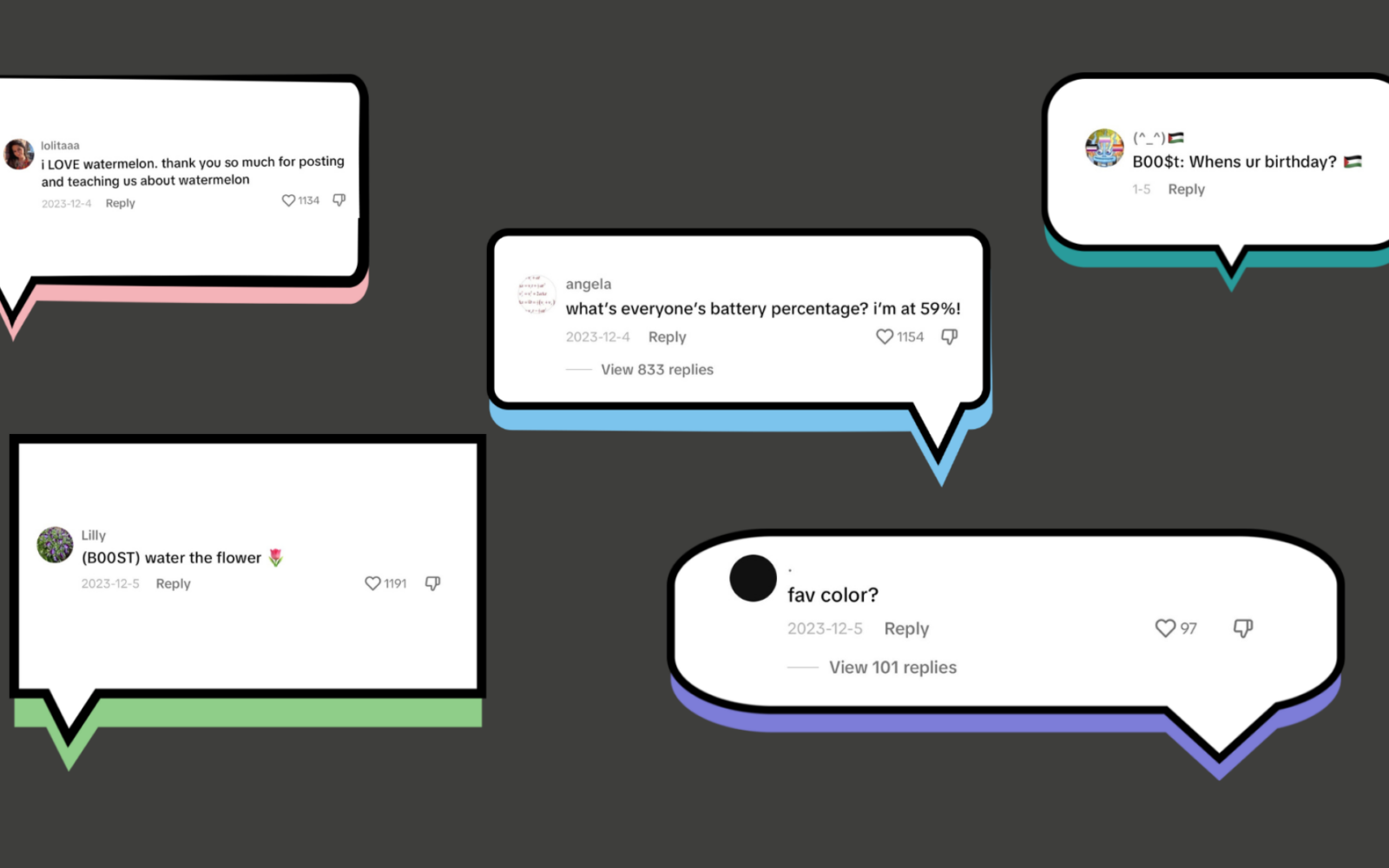
Israel employs various strategies to silence Palestinians and human rights defenders online. Since 2015, vague definitions of "incitement" and "violence" have been used to arrest Palestinians for their online expressions. Coordination with external organizations to spread misinformation and organize troll campaigns further censors Palestinian content.
Social media platforms are complicit in this digital oppression. Companies like Facebook often comply with Israeli Cyber Unit requests to remove Palestinian posts without court orders, leaving users with limited recourse. Additionally, Israeli entities collaborate with organizations that discredit Palestinian advocates and manipulate content on platforms like Wikipedia.
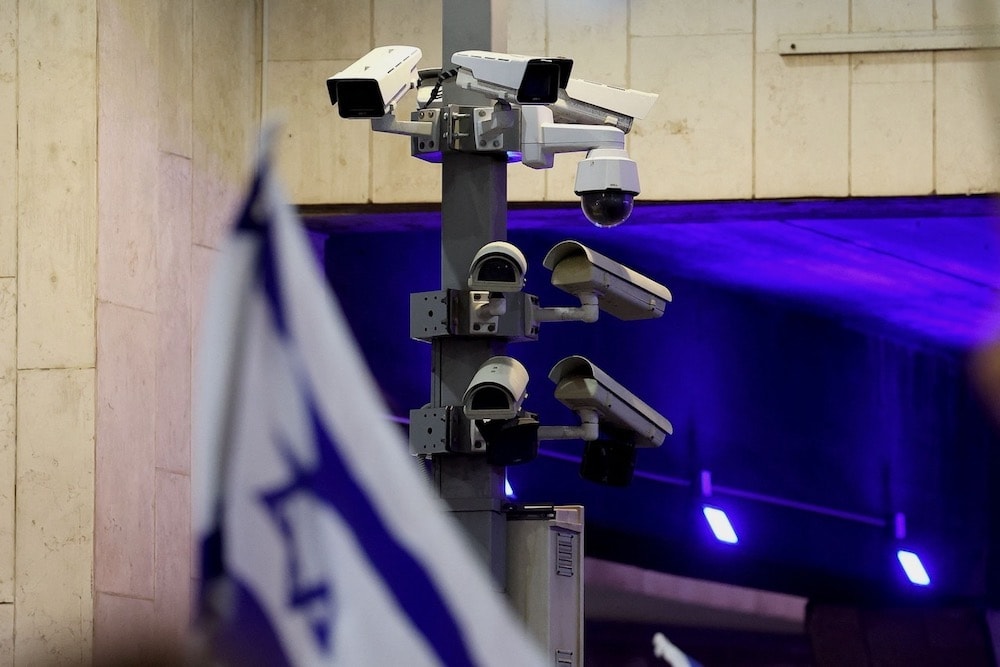
The Israeli security establishment has utilized Palestinian territories as testing grounds for surveillance technologies. Facial recognition cameras are widespread in East Jerusalem and the West Bank, and companies like AnyVision have faced scrutiny for their collaboration with the Israeli military. Despite public backlash, similar technologies are being developed for social media surveillance and predictive policing of Palestinian youth.
These technologies not only reinforce Israeli control but also generate profit for Israeli and international tech firms. This exportation of surveillance technologies to other repressive regimes exacerbates global human rights violations.
The convergence of digital oppression, infrastructure control, and surveillance underlines the necessity for international standards to safeguard digital rights. Collaboration between tech giants and repressive regimes highlights the urgent need for treaties that bind both governments and corporations to human rights obligations. Establishing such standards is essential for ensuring free and just internet for Palestinians and other oppressed groups worldwide.
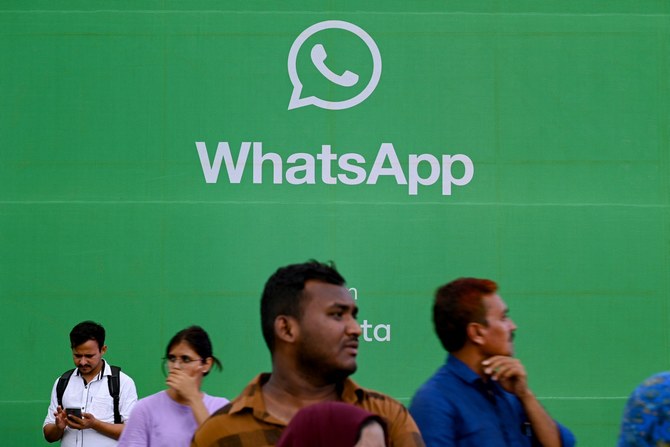
Recent reports show Israel’s AI system, Lavender, uses Meta’s WhatsApp to target Palestinians in Gaza, raising ethical and legal concerns about civilian safety, privacy, and international laws.
Lavender AI system
WhatsApp’s involvement
Meta’s responsibility
Tech industry and civilian impact
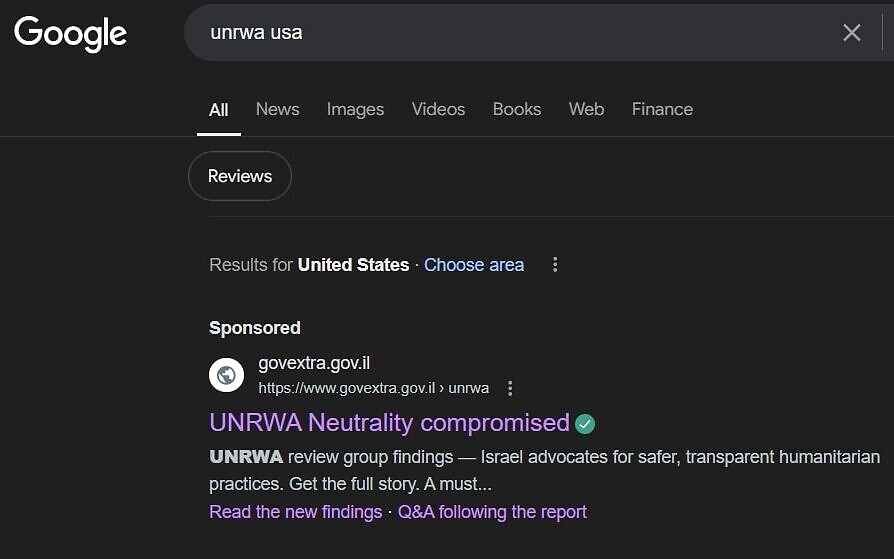
In recent months, Israel has launched a sophisticated online advertising campaign aimed at discrediting and defunding the United Nations Relief Works Agency for Palestinian Refugees in the Near East (UNRWA). This campaign has leveraged Google Ads to influence public perception and deter donations to UNRWA and its U.S. partner, UNRWA USA.
Mara Kronenfeld, director of UNRWA USA, discovered Israel’s advertising efforts while searching for her nonprofit’s name online. The ads, which appeared to promote UNRWA but linked to Israeli government websites, marked the start of an extensive campaign by Israel to undermine UNRWA’s credibility. This effort coincided with allegations against UNRWA staff members regarding their involvement in a Hamas attack, which Israel used to call for a halt to funding.
Following the escalation of conflict in Gaza, donations to UNRWA USA surged dramatically, with contributions rising from approximately $5 million in 2022 to over $32 million in 2023. However, Israel’s ads targeting searches for “UNRWA” and “UNRWA USA” began to draw potential donors away from the organization’s website to pages critical of UNRWA. These ads accused the agency of failing to enforce neutrality and adequately investigate extremist activities, despite evidence of UNRWA’s efforts to maintain impartiality and conduct inspections.
UNRWA USA’s attempts to combat the misinformation campaign through Google Ads have been met with mixed results. Kronenfeld and her team reported that the ads were misleading and potentially in violation of Google’s advertising policies. Despite some ads being removed, new versions quickly reappeared with revised, yet still critical, content.

Challenges in ad removal:
Google’s complicated stance:
UNRWA’s actions:
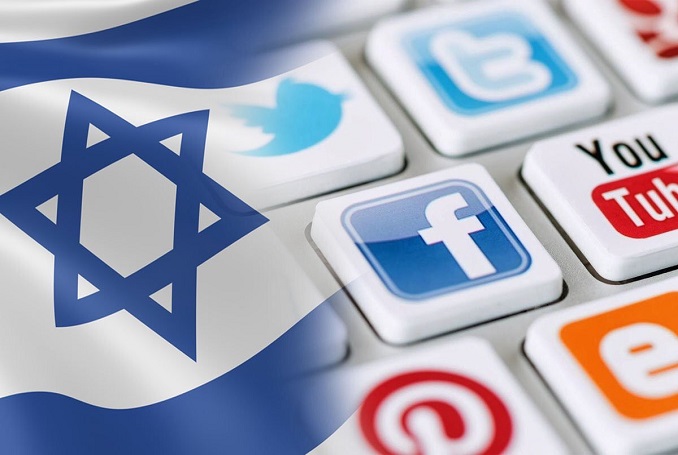
This case highlights the complex intersection of digital advertising, international politics, and humanitarian aid, emphasizing the need for robust mechanisms to protect the integrity of online information and support for vulnerable populations.
These interconnected strategies of digital suppression, infrastructure control, and surveillance highlight the urgent need for international standards to safeguard digital rights. Without global accountability, the digital blockade imposed on Palestinians will continue to deepen the divide between Israel and Palestine, reinforcing the physical and social apartheid that has long plagued the region. The international community must address these issues to ensure that Palestinians, like all people, can freely express themselves and participate in the digital world without fear of censorship or surveillance.